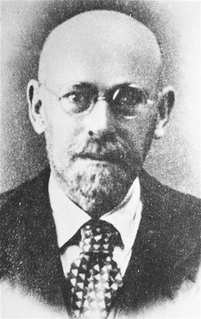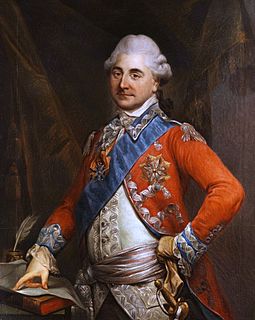 W
WPierre Samuel du Pont de Nemours was a French-American writer, economist, publisher and government official. During the French Revolution, he, his two sons and their families immigrated to the United States.
 W
WFriedrich Karl Emanuel Hauke was the son of Ignatius Hauke (1705–1784) and Baroness Maria Franziska Riedesel zu Eisenbach (1718–1785), daughter of Baron George XX Riedesel zu Eisenbach.
 W
WZofia Agnieszka Kłakówna is a Polish philologist, educational theorist, academic, schoolteacher of Polish language with practice at all levels of school teaching and author of school textbooks.
 W
WHugo Stumberg Kołłątaj, alt. Kołłątay, was a prominent Polish constitutional reformer and educationalist, and one of the most prominent figures of the Polish Enlightenment.
 W
WStanisław Konarski, Sch.P. was a Polish pedagogue, educational reformer, political writer, poet, dramatist, Piarist priest and precursor of the Enlightenment in the Polish–Lithuanian Commonwealth.
 W
WJanusz Korczak, the pen name of Henryk Goldszmit, was a Polish Jewish educator, children's author and pedagogue known as Pan Doktor or Stary Doktor. After spending many years working as a principal of an orphanage in Warsaw, he refused sanctuary repeatedly and stayed with his orphans when the entire population of the institution was sent from the Ghetto to the Treblinka extermination camp by the Nazis, during the Grossaktion Warschau of 1942.
 W
WAnna Nakwaska née Krajewska – was a Polish fiction writer, memoirist, children's author and educationist.
 W
WCecylia Plater-Zyberk, Plater coat of arms, was a social activist, educationalist, publicist and religious. She founded several schools and charitable societies.
 W
WStanisław August Poniatowski, usually known by his regal title Stanislaus II Augustus, was King of Poland and Grand Duke of Lithuania from 1764 to 1795, and the last monarch of the Polish–Lithuanian Commonwealth.
 W
WJózef Wittlin (1896–1976) was a Polish novelist, poet and translator.